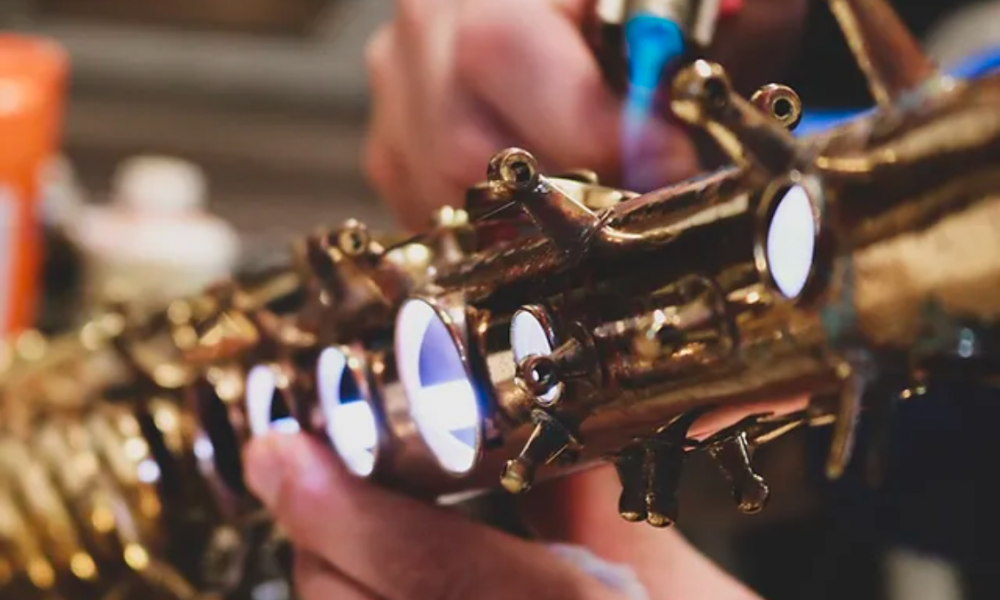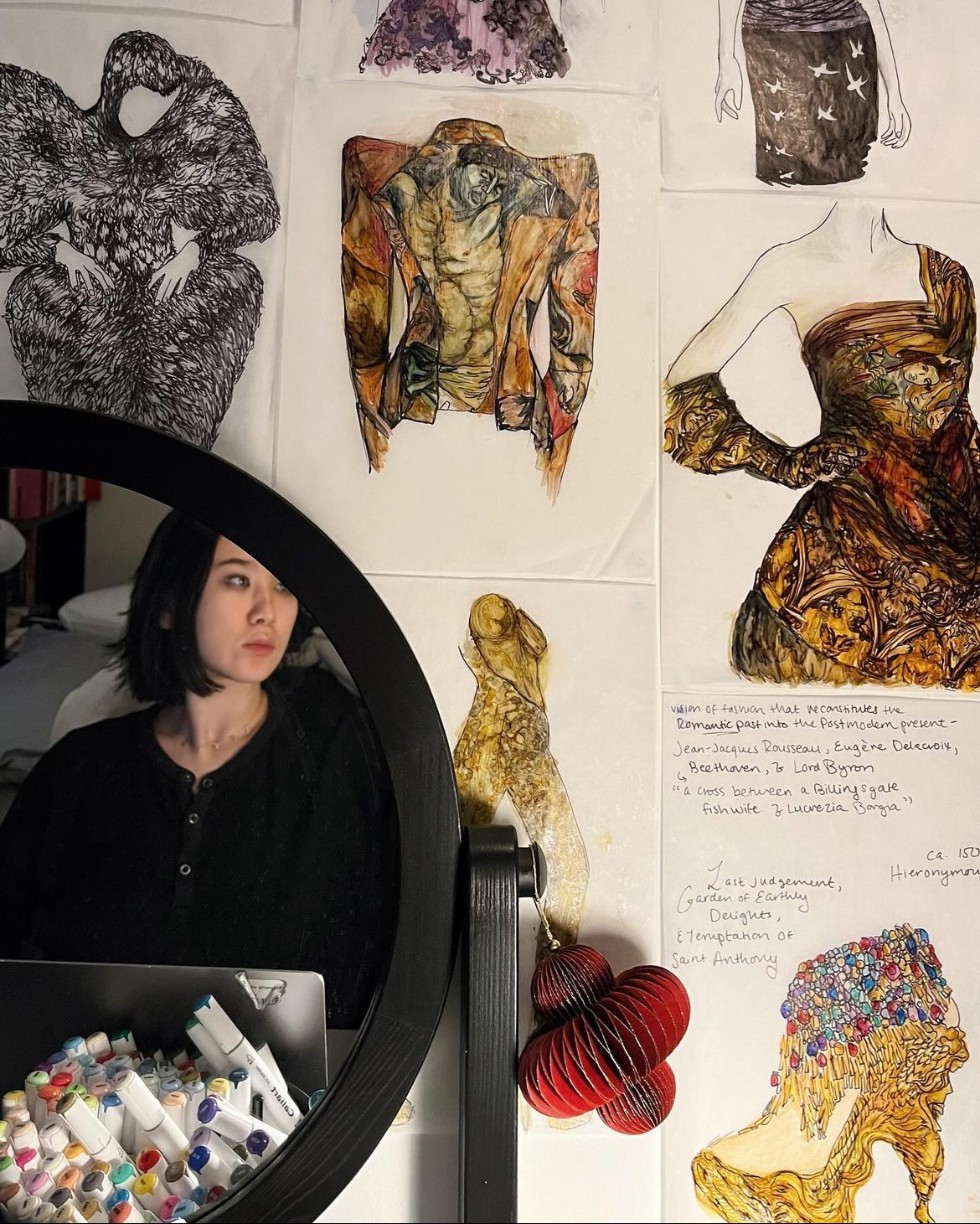*This story was originally published on teensinprint.com. Teens in Print is an inclusive WriteBoston program created to amplify the marginalized voices of eighth to twelfth grade Boston students.
Music is a huge part of our culture. In virtually all of our media, music plays a role in making it entertaining and interesting. Musicians are idolized across genres, lifestyles, and decades, but one of the real cornerstones of their talent is too often forgotten. Instruments may be regarded as a basic thing by many outside of the world of music, but they have a huge impact on the performance and style of each and every musician; indeed, the best musicians often see an instrument as an extension of themselves, or even as its own individual with a voice and uniqueness akin to humans. The industry that works behind the scenes to supply musicians with the best tools for their talents is often left quietly behind on the ride to fame.
Luthiers, Reedmakers, and other music-makers are much less famous than the people who actually play the instruments that they manufacture. But they should certainly be just as well-known with the time and devotion put into their craft. Instruments are some of the last commodities in the world that are still made largely by hand; while there are certainly machine-produced examples that can be found easily enough, it’s widely agreed that the best instruments come from the skill that only a master’s precision can produce. Instruments from these makers are built to be unique, fitting the musician. There are entire towns in several countries based around this manufacturing industry, but the people who work on these instruments are still underappreciated by all except the musicians who depend on them and admire them for their skill and dedication to a less-recognized craft.
Boston itself has a history of musical instrument production. The Boston Musical Instrument Company, which underwent many name changes in its lifetime, produced brass horns for bands. Other Boston manufacturers produced Pianos. Not all shops did the manufacturing; some were refurbishers of antiques, and some are simple repair and sales points. And even today, shops can be found in the city and the surrounding areas that both carry the legacy of these past businesses and forge their own paths.
Jack Finucane owns The Boston Sax Shop, a small business in Brighton that caters to a huge community of saxophonists across Boston and in other areas like Brookline. The shop makes saxophone care products, acts as a sell point for new saxophone models, and serves as a refurbishing and repair center. Just being in the shop’s hallway makes it clear what goes on in each of its several rooms; now and then a soft echo of sound filters through a studio door, and an entire room is dedicated to a brightly lit refurbishment workspace.
Finucane said that he’d worked in the music industry since midway through High School, and that it was unique to be able to work in such a place as a musician. “We’re in an interesting position because we’re small enough that people expect personalized treatment… but also big enough that people expect good service. And we do unfortunately get some bad characters as customers.”
Despite some of the challenges he’s faced as a small business owner, Finucane said that he felt that his work was important enough to make it worth it. “We really try to create products that solve problems, and not just to fill a slot in a store or to make money,” he told me. “It’s been special to get to design things, and then see them put into production, to hold them in your hand. There’s nothing quite like it.” Him and his staff draw from their experience as musicians to supply their customers with exactly what they need.
Finucane said he’s still growing his business, and that over the years he’s expanded from just himself and another worker to 5 people. All of the Sax Shop workers are musicians themselves, and he sees them expanding and making plenty of new things in the future.
One of the biggest rewards that Finucane experiences is the satisfaction other people get from using his team’s tools and services. “It’s really rewarding to see super great artists, people that I’ve looked up to and admired for years, use my products to make music.”
The Sax Shop, despite its small coverage, is a perfect example of how the music industry works. The occasionally high prices of the shop’s services are a reflection of the care and craftsmanship that go into each instrument at high-quality craft stores. When you think about what a functional, well-maintained instrument means to any performer but especially a professional musician, a few hundred dollars for a repair seems generous. In fact, giving time to the musical community at all is in itself generous, but as Finucane pointed out, few people seem to remember that and some aren’t as kind as they should be.
Music is a facet of every culture and every time. In music, we all come together and become connected. Everyone experiences music, and everyone shares something in it. Musicians enjoy sharing with the world, and we’re dependent on not only our audiences but the people who provide us with the tools of our careers. Getting a saxophone fixed or a piano tuned or purchasing a drum set or a new trombone might not seem like a huge deal, but quality instruments are truly what makes us best able to give to others. Musical Entrepreneurs like Finucane are the people who keep our community going strong in the modern day, and as a musician and a citizen of the world, I can’t thank them enough.





















